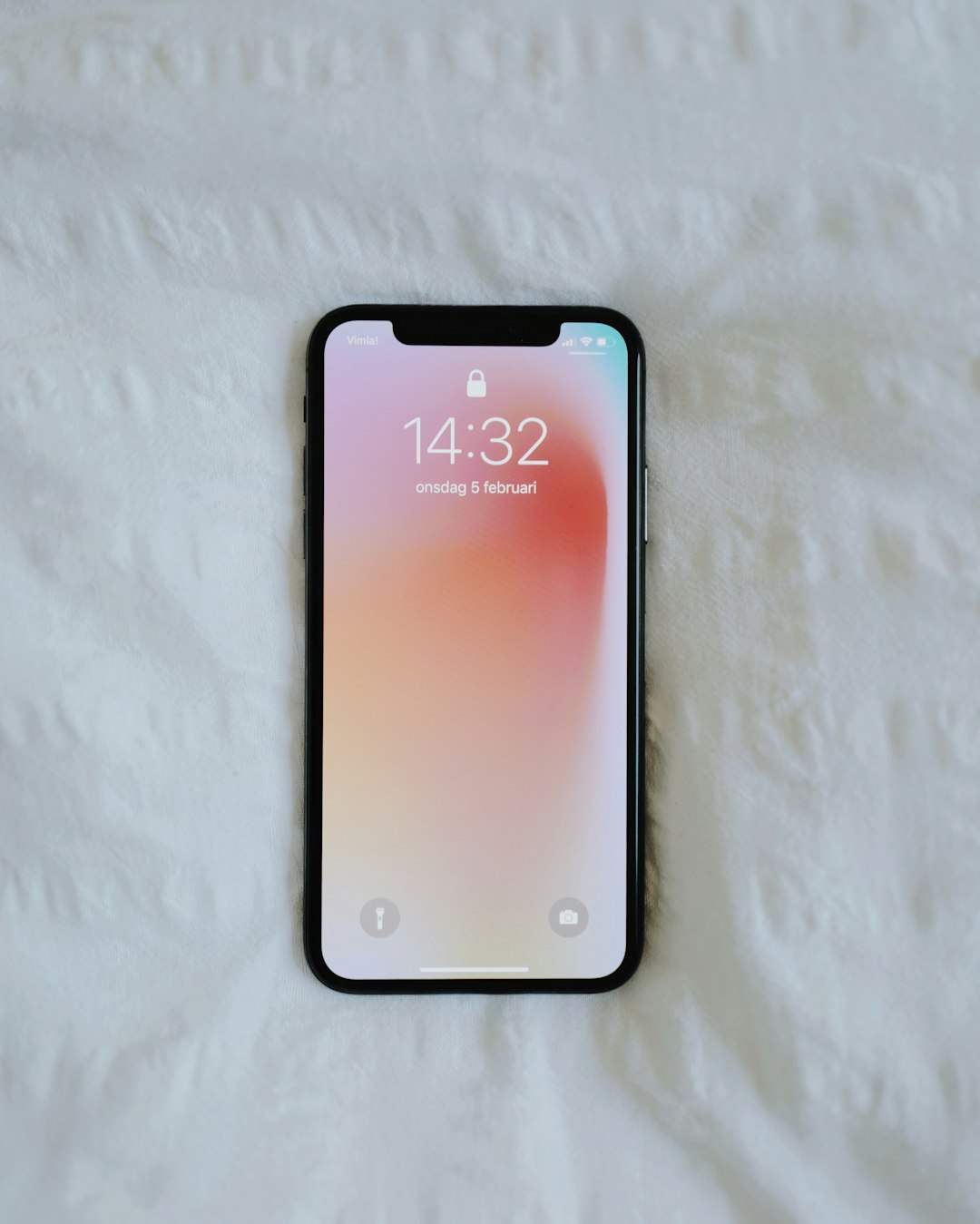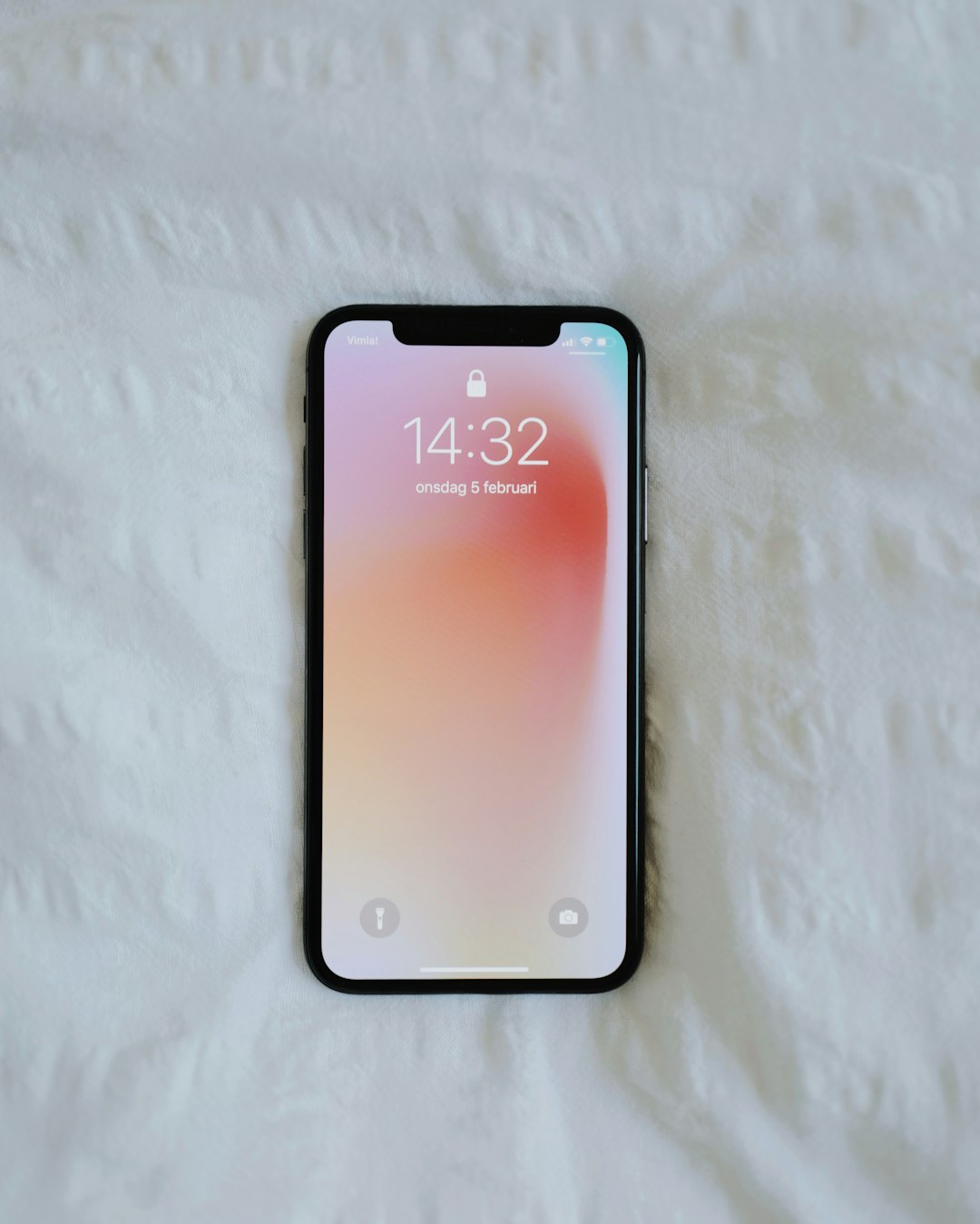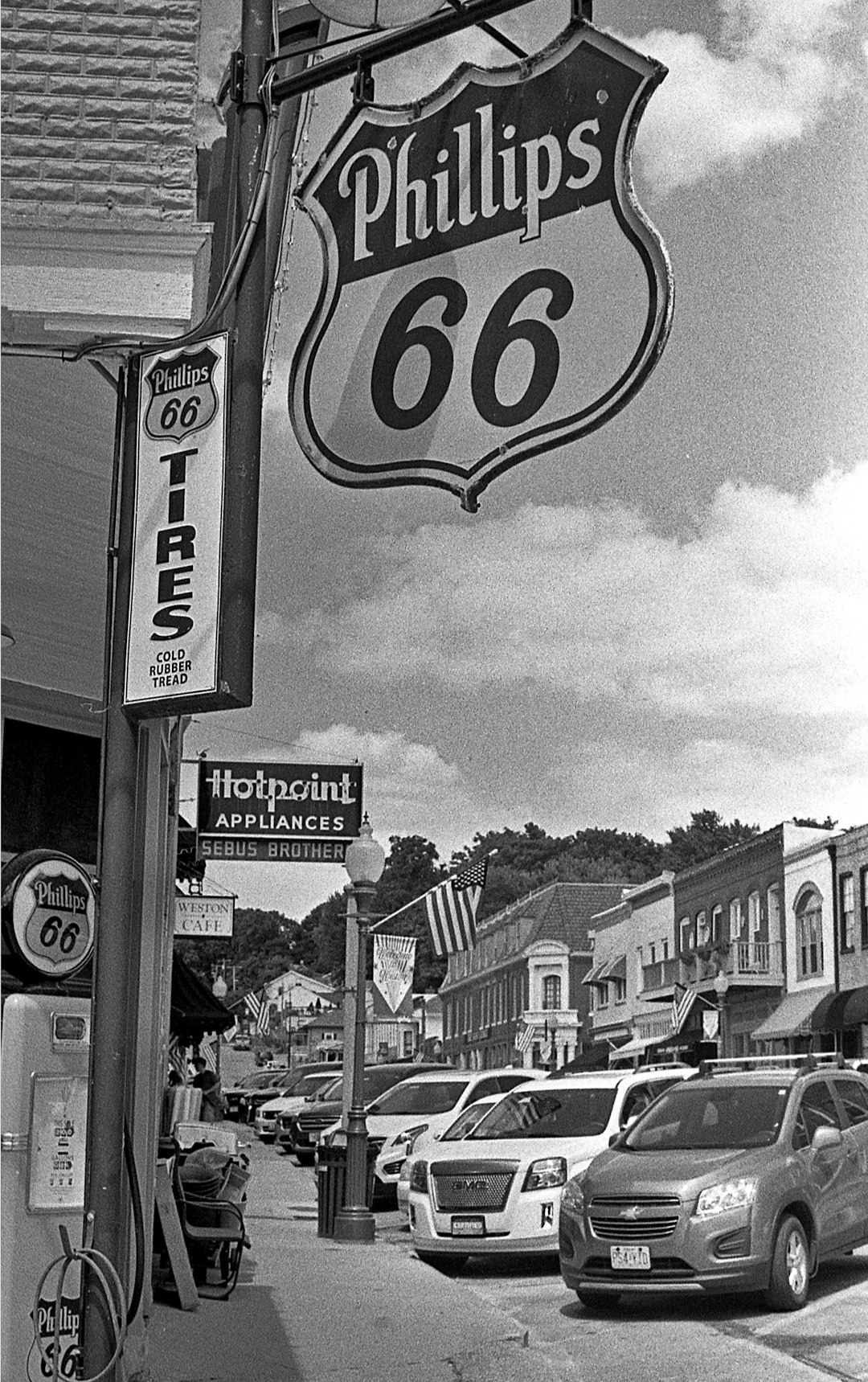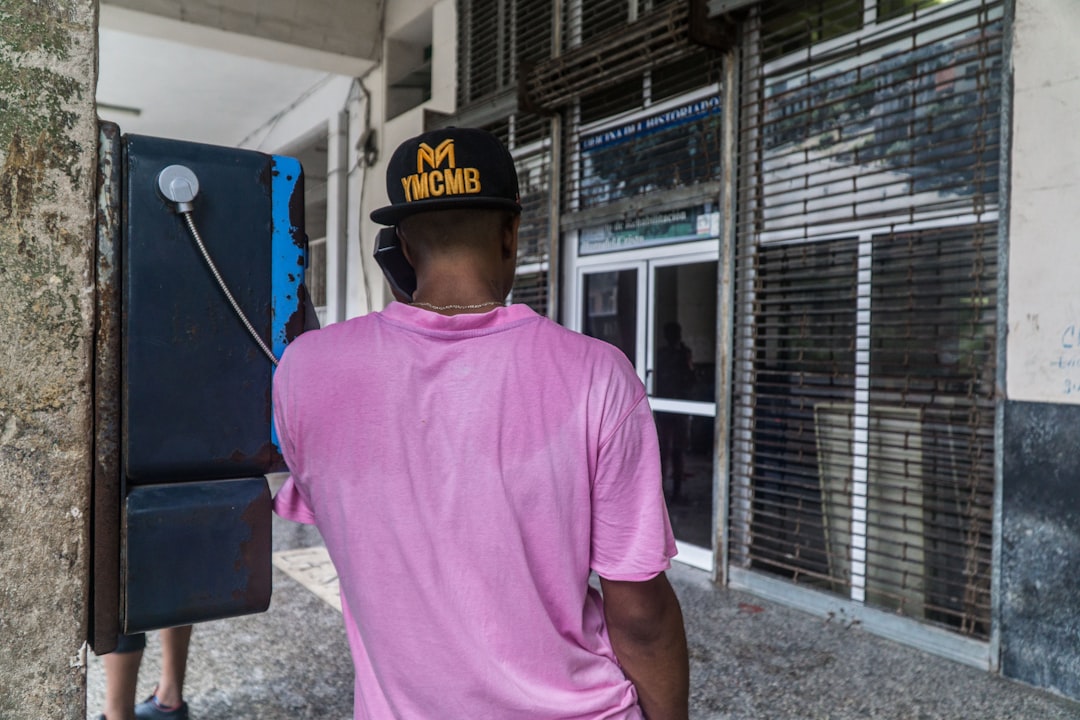Robocall scams targeting vacationers in Missouri are a growing concern. Understanding the Telephone Consumer Protection Act (TCPA) is crucial; victims may sue for damages if TCPA violations are proven. Documenting robocall details is key for legal action. While suing over one call is difficult, a pattern or significant distress may justify litigation. Protect yourself by using do-not-call registries, blocking tools, and reporting spam calls. Consulting legal advice on potential grounds for suing, especially if eligible for TCPA violations under Can I Sue For Robocalls Missouri.
“As you plan your well-deserved vacation in Columbia, staying informed about local robocall scams is essential. These automated calls, often with a focus on misleading information and identity theft, can ruin your travel excitement. Understanding the tactics used by scammers in Missouri and knowing your legal rights is crucial. This guide offers a comprehensive strategy to protect your vacation plans from unwanted phone calls, ensuring you have peace of mind while exploring Columbia.”
Understanding Robocall Scams in Columbia, Missouri

Robocall scams are a prevalent issue in Columbia, Missouri, targeting both residents and visitors planning their vacations. These automated phone calls often pose as travel agencies or tourism boards, offering seemingly irresistible deals on vacation packages or warning about urgent issues with travel bookings. Scammers use high-pressure tactics to trick individuals into providing personal information or paying for non-existent services.
In Missouri, understanding the legal implications of robocalls is essential. The Telephone Consumer Protection Act (TCPA) provides certain protections against unsolicited calls, and victims may have grounds to sue for damages if they can prove the caller violated these laws. If you’ve received a suspicious call related to your vacation plans, document the details, including the caller’s number and any threats or demands, as this could be crucial evidence in potential legal action, such as seeking compensation for robocalls in Missouri.
Legal Rights: Can You Sue for Unwanted Calls?

In Columbia, as in many places across the US, there are laws in place to protect individuals from unwanted phone calls, including robocalls. The Telephone Consumer Protection Act (TCPA) grants consumers specific legal rights against automated or prerecorded calls made for marketing purposes. If you’ve received a robocall and feel your privacy has been violated, you may have the right to take legal action.
While suing over a single robocall can be challenging, if it’s part of a pattern or you’ve suffered significant distress due to these calls, it could be worth considering litigation. The TCPA allows for individuals to seek damages and block future calls from the same source. Consulting with a legal professional experienced in consumer protection laws is advisable to understand your rights and determine the best course of action when dealing with robocall scams in Missouri.
Protecting Your Vacation: A Comprehensive Guide

Protecting your vacation plans from robocall scams is crucial, especially as travel becomes more digital. In Missouri, where lawsuits for unwanted robocalls are possible, staying informed is key. Here’s a comprehensive guide to safeguard your holiday excitement. First, understand that many phone companies offer do-not-call registries and blocking tools, which can significantly reduce the number of automated calls you receive.
Additionally, be wary of suspicious numbers calling about travel deals or packages; legitimate businesses typically use personalized contact methods. You can also install apps designed to block robocalls, review your call logs regularly for any unusual activity, and inform your phone company about persistent spam calls. Remember, if you’ve been a victim of a robocall scam in Missouri, consult legal advice on whether you have grounds to sue, as this will depend on the specifics of the case.
Recognizing Red Flags: Spotting Scammers Early

Recognizing red flags is the first line of defense against robocall scams. Scammers often use automated systems to make bulk calls, targeting potential victims with urgent or enticing messages. Be wary of unexpected phone calls claiming to be from official sources, offering travel deals, or demanding immediate action. These calls may pressure you into providing personal information, such as credit card details or social security numbers, which can lead to identity theft and financial loss.
In Missouri, understanding your rights regarding robocalls is crucial. While it’s challenging to sue for robocalls alone, federal laws like the Telephone Consumer Protection Act (TCPA) offer protections against excessive or unwanted calls. Staying informed about these legal measures can empower you to take action if you’ve fallen victim to a scam.
Preventive Measures: Securing Your Phone from Bots

To protect yourself from robocall scams, especially during your vacation in Columbia, it’s crucial to take preventive measures to secure your phone from bots. Start by reviewing and adjusting your caller ID settings to block unknown numbers or those associated with telemarketing. Many modern smartphones offer built-in call blocking features that can significantly reduce the number of unwanted calls you receive.
Additionally, consider downloading reputable call-blocking apps available on both iOS and Android platforms. These apps use advanced technology to identify and block robocalls before they reach your ear. It’s also wise to register your phone number on the National Do Not Call Registry if you haven’t already. While this doesn’t guarantee a complete stop to robocalls, it can reduce their frequency. Remember, if you do encounter a suspicious call while on vacation, don’t hesitate to report it; this helps law enforcement and communication providers combat these scams, and who knows, you might even be able to sue for robocalls in Missouri if the case warrants it.






